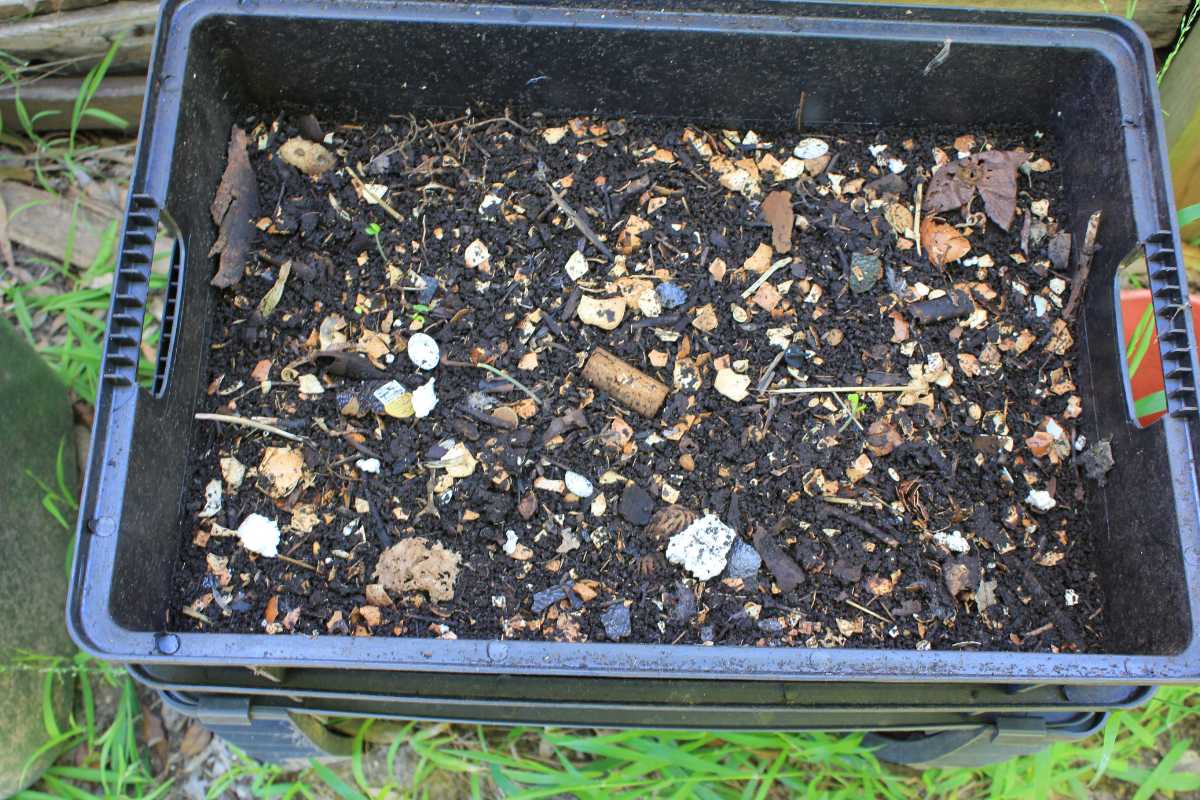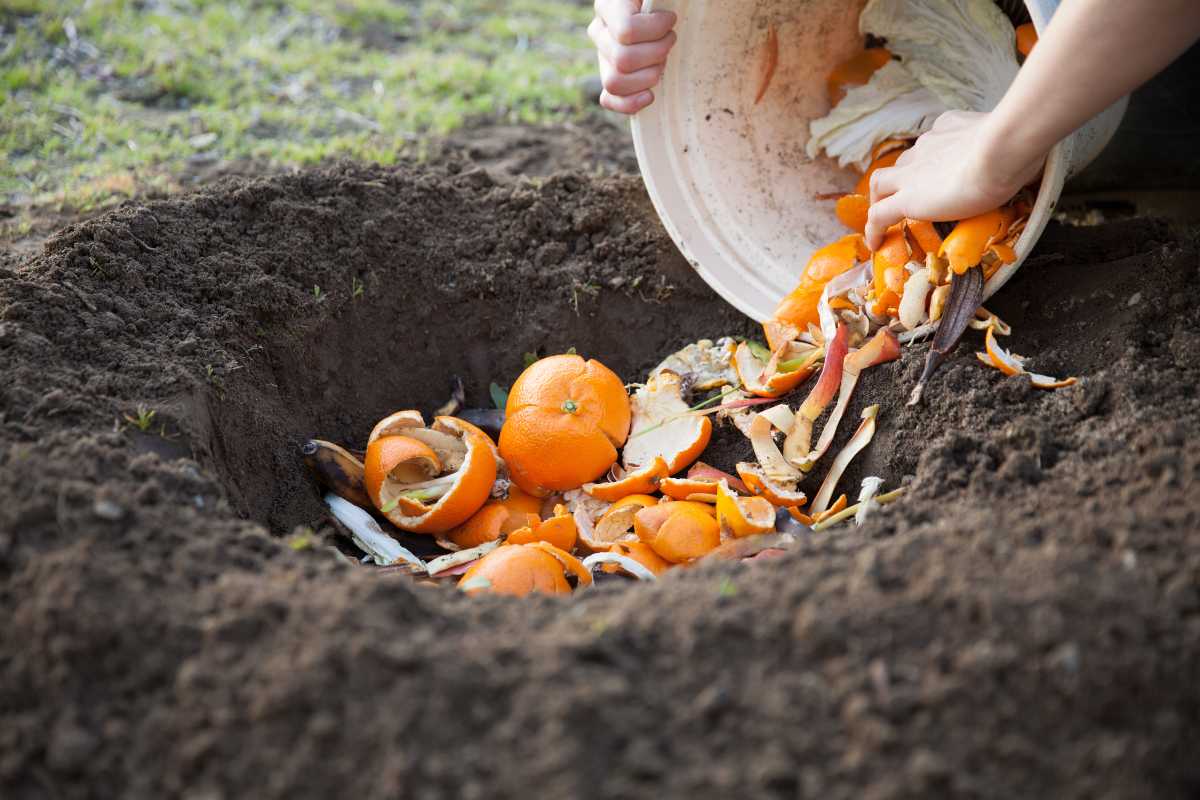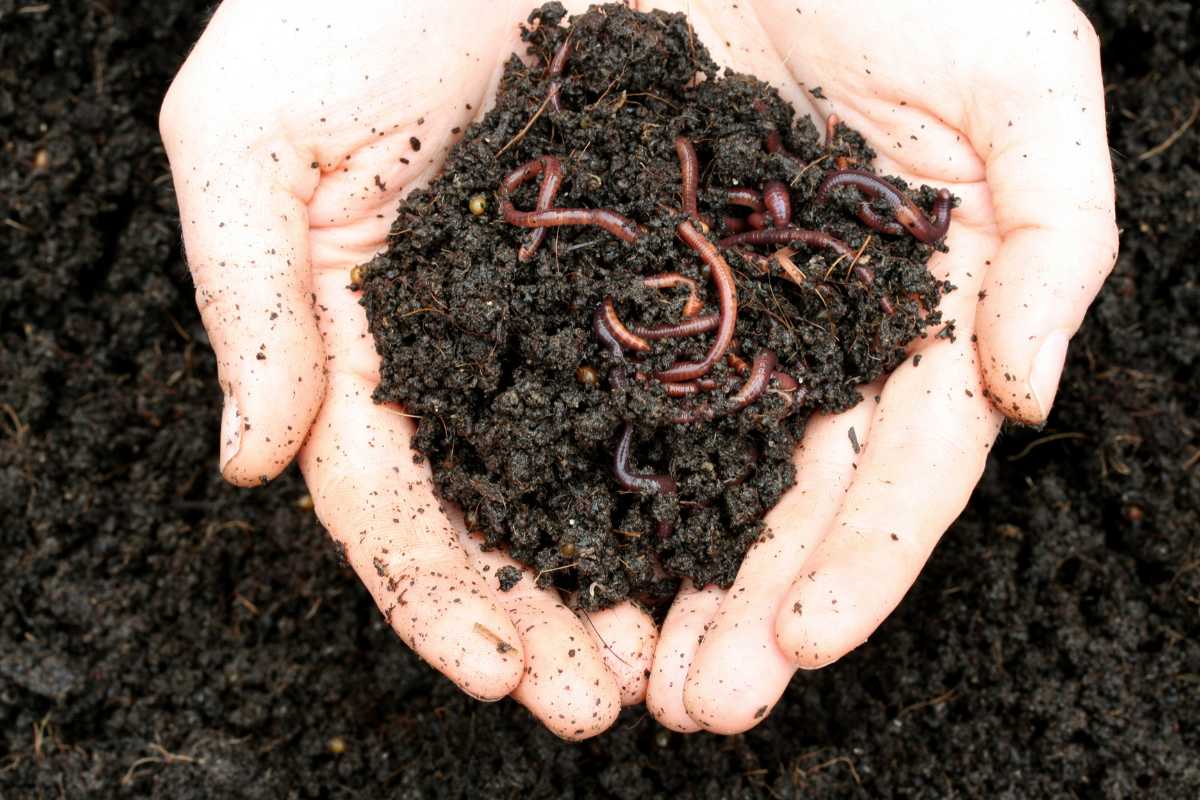Composting is a great way to recycle your kitchen scraps and garden waste. But it also takes time to get the broken down and finished compost that you can use.
If you have any unfinished compost, you may wonder if it is safe to add to your garden. The answer is yes, but not necessarily in the way that you would use finished compost.
You can use unfinished compost for a variety of purposes, such as adding nutrients to the soil, mulching the ground, or enriching soil below the surface. But it should not be used when planting seeds or plants that don’t like high levels of nitrogen.
What is Unfinished Compost?

Unfinished compost refers to compost that has been partially decomposed by microorganisms and earthworms. You may still see some pieces of plant material and food scraps left over from the unfinished composting process.
You might see things like parts of twigs, eggshells, and other hard materials. Softer materials like leaves, fruits, and vegetables should have finished decomposing. Unfinished compost will eventually break down completely. You just need to give it time.
Finished compost is ready to use once all the materials have disappeared from its bulk. This usually happens within six months after being added to the pile. Different composting methods will take different periods of time, some can take anywhere from 6 to 12 months.
Is Unfinished Compost Bad?
Yes and No. Unfinished compost can be useful in some instances, but it can also be harmful to plants.
The decomposition process requires nitrogen and that is grabbed from the surrounding materials and soil to compensate.
That’s why it’s important to have a good carbon to nitrogen mix of 30:1 and a be sure to have a 50/50 browns to greens ratio in your compost pile.
Until the compost is finished, it’s best not to use unfinished compost near plants that need nitrogen. It will ‘borrow’ nitrogen making this nutrient unavailable for the plants.
If you do want to use unfinished compost, here are some options.
Using Unfinished Compost as Mulch
If you are using an un-mulched area or garden bed, then adding some unfinished compost can help act as mulch to trap moisture in the soil. This is especially useful when the weather gets dry during the summer months.
If you want to dig up the entire bed, then you need to wait until the compost breaks down enough so that there is no risk of disease spreading through the soil.
If it hasn’t broken down enough, you may want to add extra nitrogen fertilizer to make up for the nitrogen that the unfinished compost will be absorbing.
As the compost lies on top of the soil, it will continue to decompose, which can help the soil underneath whenever it rains or is watered. The nutrients will wash down into the soil.
When the compost has finished decomposing, you can dig it into the soil like you would regularly finished compost.
Digging Unfinished Compost Into the Soil

Even though digging unfinished compost into soil can damage plant roots and cause them to rot, you can still dig it into the soil.
If you have a bare area of soil with nothing going on, you can dig in your unfinished compost and allow it to decompose under the surface. This composting method is also known as trench composting.
To trench compost, first create a hole about 2 feet deep. Then fill the bottom half of the hole with loose organic matter such as straw, wood chips, sawdust, etc. Next, place the compost at the bottom of the hole and cover it with more organic matter.
Finally, pack the remaining space around the compost with additional organic matter. When done correctly, the compost will begin breaking down immediately.
Once the compost has finished breaking down and looks like rich soil, water it thoroughly and begin planting.
How to Speed Up Unfinished Compost

There are a number of ways to speed up the composting process.
- Start Small – Shred, chop, and make smaller pieces of material to break down faster.
- Turn the Pile – Turning the pile helps aerate the compost and speeds up the breakdown process.
- Add Water – Adding water encourages microbes to work harder.
- Use Worm Castings – Using worm castings adds beneficial bacteria and fungi to the compost.
- Add Nitrogen (Greens) – Unfinished compost needs nitrogen to break down. Add nitrogen-rich materials like grass clippings, bloodmeal, coffee grounds, fish emulsion, chicken manure, and rabbit droppings.
- Add Finished Compost – Compost that’s already finished will help kickstart the decomposition process.
Sifting Unfinished Compost
Even though the unfinished compost as a whole is unusable, you can still use the already finished compost by sifting through it.
To sift, use a screen, part of an old fence, or something with holes that finished compost can fall through.
It’s similar to panning for gold with dirt except you want the dirt that’s fallen through the holes.
Can I Make Compost Tea With Unfinished Compost
It’s best not to try and make compost tea because unfinished compost may contain harmful pathogens that can damage plants.
Unfinished Compost Final Thoughts
There are uses for unfinished compost if needed, but it’s best to avoid using it wherever you have actively growing plants.
Check out these other articles on composting:

